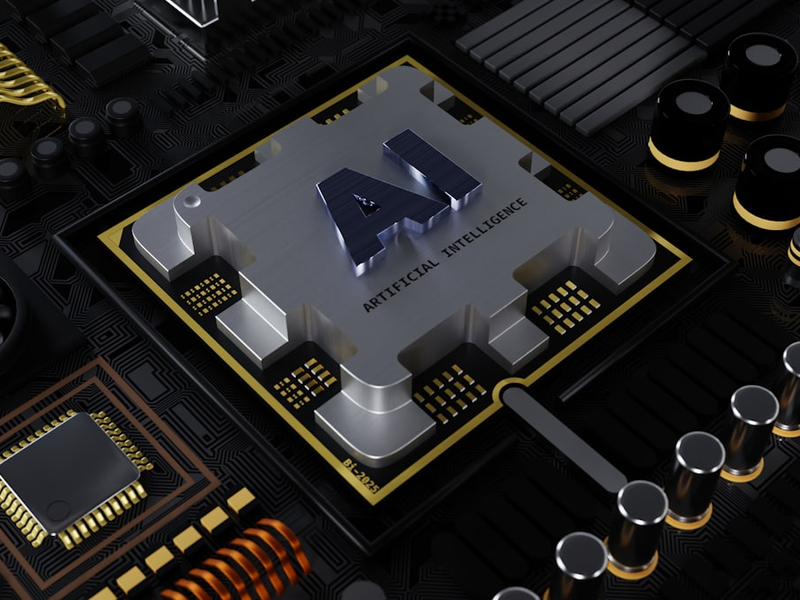When AI Giants Shake the Tech World: How OpenAI's Moves Are Rattling Silicon Valley

Photo by BoliviaInteligente on Unsplash
The tech world is experiencing seismic shifts as OpenAI continues to flex its artificial intelligence muscles, sending tremors through established enterprise software companies. Recent announcements about internal AI tools like DocuGPT have caused significant market reactions, with companies like DocuSign and HubSpot seeing dramatic stock fluctuations.
DocuSign’s CEO Allan Thygesen remains surprisingly calm about the potential disruption. Despite a 12% stock drop following OpenAI’s announcement, he believes the company’s fundamentals are strong. Thygesen has been proactively integrating AI into DocuSign’s platform, offering customers comprehensive contract management solutions that leverage both in-house and third-party AI models.
Similarly, Salesforce is positioning itself as a collaborative partner in the AI ecosystem rather than a competitor. Valmik Desai from Salesforce emphasizes the challenges of large language models, highlighting the need for structured approaches in complex enterprise environments.
The market’s hypersensitivity to AI developments reflects the current technological landscape, where narratives can dramatically influence investor sentiment. Rishi Jaluria, a tech stock analyst, notes that fundamental business metrics are often overshadowed by speculative AI buzz.
Interestingly, OpenAI’s influence extends beyond market disruption. At a recent developer conference, CEO Sam Altman demonstrated potential integrations that could reshape how companies interact with AI, such as seamlessly connecting tools like Figma with ChatGPT for enhanced productivity.
Historically, such market reactions aren’t unprecedented. Tech analysts point to previous instances where initial panic about competitive technologies ultimately resulted in collaborations or acquisitions. The current AI revolution seems to be following a similar pattern of initial uncertainty followed by strategic adaptation.
For tech workers and startup enthusiasts, these developments underscore the importance of remaining agile and continuously evolving. As AI technologies advance, the most successful companies will likely be those that can integrate cutting-edge tools while maintaining robust, user-focused solutions.
AUTHOR: cgp
SOURCE: Wired
























































